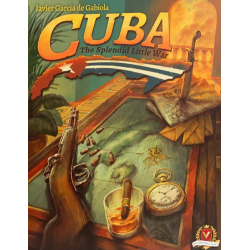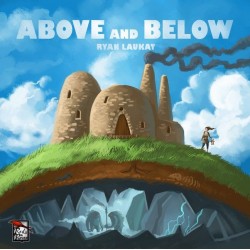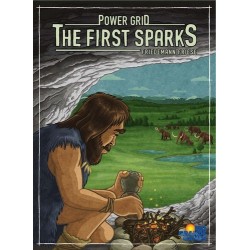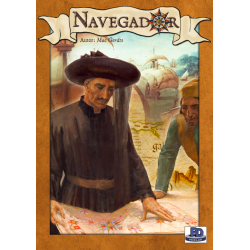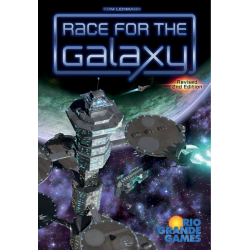No products in the cart.
Active filters
Cuba: The Splendid Little War
Cuba: The Splendid Little War, from designer Javier Garcia de Gabiola, is a two-player simulation of the third War of Cuban Independence, which lasted from 1895 to 1898. (This was the last of the three liberation wars fought between Cuba and Spain; the previous wars were the Ten Years\' War (1868-1878) and the Little War (1879-1880). One player controls the forces of the Spanish colonial government, fighting to retain Cuba; the other player controls the Cuban rebels fighting for their independence.
Above and Below
Above and Below is a mashup of town-building and storytelling where you and up to three friends compete to build the best village above and below ground. In the game, you send your villagers to perform jobs like exploring the cave, harvesting resources, and constructing houses. Each villager has unique skills and abilities, and you must decide how to best use them. You have your own personal village board, and you slide the villagers on this board to various areas to indicate that they\'ve been given jobs to do. Will you send Hanna along on the expedition to the cave? Or should she instead spend her time teaching important skills to one of the young villagers?
Power Grid: The First Sparks
Power Grid: First Sparks is a standalone game in the Power Grid family for 2-6 players.
As clan leader you are responsible for the well-being of your clan during the Stone Age. You need to develop new hunting technologies and get new knowledge, to successfully hunt food or to learn to control fire. With help of these skills you will harvest enough food to feed your clan and to spread it far enough to reach new hunting areas.
Imperial
Each player represents an international investor. The players attempt to increase their capital and gaining influence in the most powerful European nations.
Navegador
In the 15th century, the Portuguese Prince Henry the Navigator (Henrique o Navegador) summoned the best cartographers and navigators of his time and instructed them to explore the shores of the African coastline . They thereby won expertise in navigation and shipbuilding, heralding the Age of Exploration and enabling Portugal to later to find a sea trade route to India and China. In the height of its power Portugal controlled the sea trade from Brazil to Japan and attained overwhelming wealth with the trade monopoly on spices.
Race for the Galaxy
Race for the Galaxy
In the card game Race for the Galaxy, players build galactic civilizations by playing game cards in front of them that represent worlds or technical and social developments. Some worlds allow players to produce goods, which can be consumed later to gain either card draws or victory points when the appropriate technologies are available to them. These are mainly provided by the developments and worlds that are not able to produce, but the fancier production worlds also give these bonuses.

